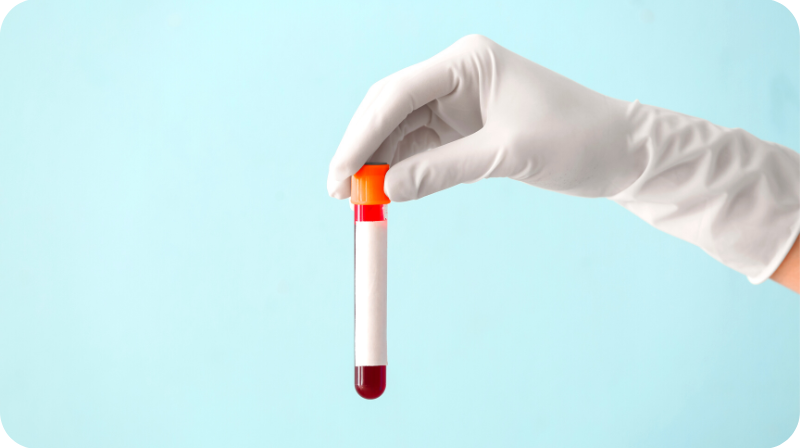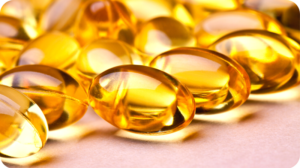People in their teens and twenties tend to play fast and loose with their health. Fortunately, the human body is remarkably resilient in the first two decades of life. Barring some underlying condition or genetic abnormality, most people sail through to their 30s relatively unaffected, with no major health crises.

Unfortunately, accrued damage starts to make itself known in the third decade of life. That’s why it’s a good time to assert control of your health and get out in front of any potential problem with testing that makes sense for your age.
Tests by Decade
Turning a particular age can seem like an arbitrary health hallmark, but testing by age does have a grounding in science. Although the tests below are tied to specific decades, you can start them earlier if, for instance, you have a familial history of a specific illness. However, even if you’re currently in the pink of health and any test results come back normal, you’ll enjoy the peace of mind of being proactive and making health decisions out of knowledge rather than ignorance.
- 30s. If you haven’t been getting an annual physical exam, your 30th birthday is a good time to start. Women over 30 should begin a yearly combined Pap smear and HPV test, repeating every five years (per the American Cancer Society recommendations). Full fasting blood panel including liver and kidney function markers, total blood sugar breakdown including an A1C measure) and TSH levels to determine thyroid function. These will all give you a baseline going forward, to quickly detect changes that might indicate a disorder or disease.
- 40s. This is an excellent time to begin yearly skin checks with your dermatologist. Many types of melanoma are curable if caught early enough (a good reason to start this test even earlier if you have an exceptionally pale complexion and/or are of northern European descent). Experts also believe this is the point at which you should determine your BMI to detect if you are gaining an unhealthy amount of weight. However, a fat-ratio test would be more precise and give you a better picture of factors that matter. Most women should begin mammograms in their 40s; consult your primary caregiver for the best time to start.
- 50s. This can be a transition decade for men, when it comes to general health. That’s why it’s wise to begin yearly prostate exams and possibly PSA tests (consult your physician as to whether a PSA test would be useful in your case). Fifty is also the age generally recommended for your first colonoscopy, the best tool for early detection of colorectal cancer and precancerous polyps. This is also a good age to get some protection in other areas; schedule a shingles vaccine so that you never have to deal with this life-disrupting virus, and consider beginning a regimen of yearly flu shots. Flu hits older people harder, and it’s not pleasant in any case.
The best way to ensure you have the tests and take protective steps over each decade is to stay in communication with your primary health care provider. Be your own advocate, ask questions, and don’t skip exams or tests.







